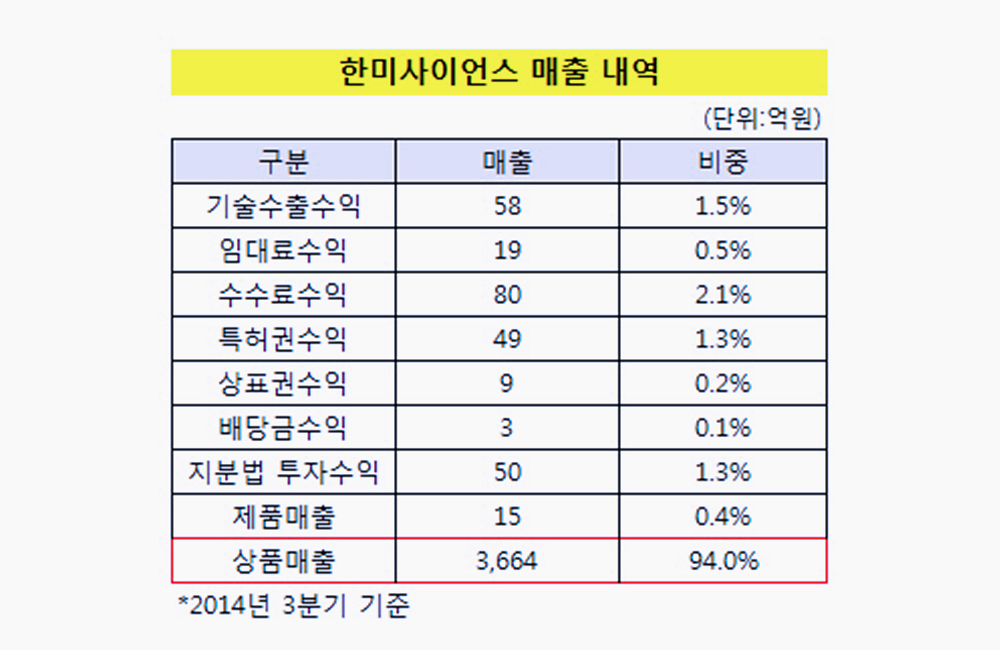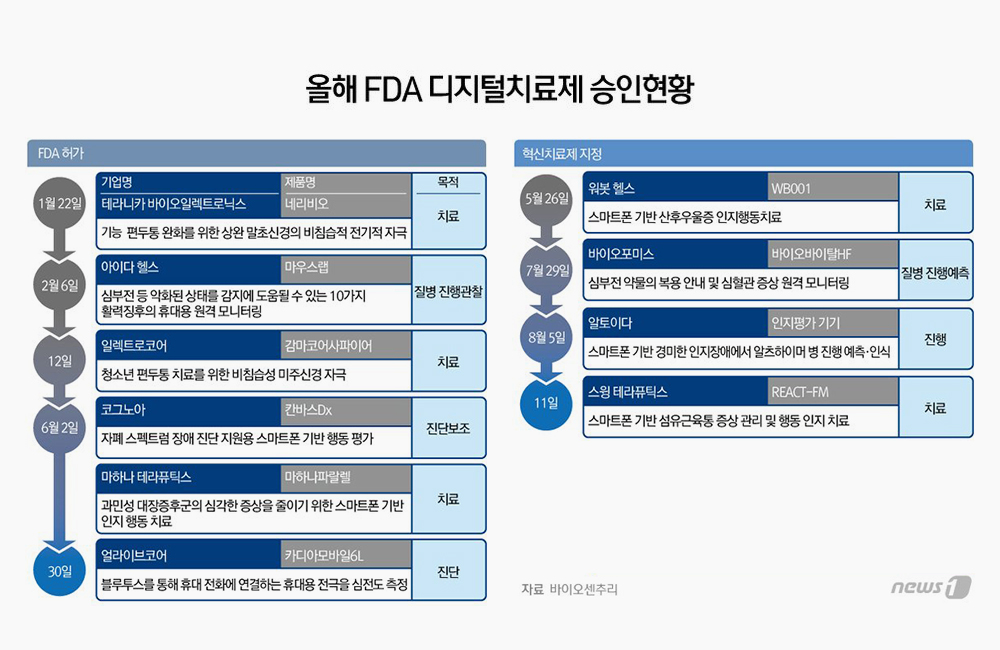Ki-dong, director of Data, Strategy and Innovation at the Western Pacific Region of the World Health Organization, said, “Digital health, if spread in wrong ways and programmed incorrectly, can end up deepening the medical divide,” in a recent interview with Korea Biomedical Review.
"Digital health is understood to mean the field of knowledge and practice associated with the development and use of digital technologies to improve health.”
That was digital health as defined by the World Health Organization in 2021.
The definition indicates that the core of digital health encompassing various areas is the technology that quantitatively measures health and uses such technology for managing health by processing data earned from it.
In addition, the WHO stresses one more point – “people-centered digital health.” This is because an excessive focus on digital technology can lead to wrong programming, hindering access to medical services and resulting in reverse discrimination. That also explains why the WHO is interested in narrowing the medical divide using digital technologies.
At the center of WHO’s digital health strategy is Park Ki-dong, the director of Data, Strategy, and Innovation (DSI) in the Western Pacific Region.
Park, a medical doctor, worked for 12 years at the Ministry of Health and Welfare. Then, he was dispatched to the WHO headquarters in Geneva, Switzerland, for three years from 2006 to 2009, helping to make response manuals for the pandemic influenza program. Then, from July 2009, Park worked out a national support strategy in Manila, where the Western Pacific Region was located. He also played a central role in the early control of Covid-19 in Vietnam and has been shaping strategies to narrow the medical divide using digital technology since May 2022.
Question: You are responsible for data, strategy, and innovation at WHO’s Western Pacific Office. Are there specific reasons WHO is interested in digital health?
Answer: WHO worked out its digital health global strategy in 2020, and its Western Pacific Office began to use the word “e-health” in 2019. Their objective was clear – e-health must lift the quality of healthcare service for people who need it. The entire society is being digitalized, and healthcare should not lag in the national agenda, so I always emphasize its need.
Q: You described digital health as a “double-edged sword.”
A: Digital technologies can sometimes solve problems, but they can also deepen problems. For instance, we use digital banking universally, but older adults find it difficult to use it. As a result, banks reduce the number of their branches while demanding more commissions for users, aggravating reverse discrimination against senior citizens. Likewise, if digital technology spreads wrongly and is incorrectly programmed, it can deepen the medical divide. That shows why we need to direct digital health from the IT-oriented service “people-centered” system.
Q: What is people-centered digital health, as told by WHO?
A: Let me explain by examples. Mongol has a vast territory. Half of the country’s population lives in its capital city, Ulan Bator, with the other half being dispersed throughout the country. In some regions, people must travel for five hours to see a nurse and several days to meet a doctor. The WHO racks its brain on how to provide medical services for such people. To provide medical service for those who travel five hours, mobile health can be a solution. The same can be said about people on small Pacific islands. When we cannot build a hospital on each island, we must take a different approach to providing healthcare service. If mobile health cannot be a solution, we can make a different approach.
Q: You are the director of data, strategy, and innovation at the Western Pacific Region.
A: One of the reasons WHO picked a Korean as the head of digital health was I might upgrade the part by one level as Korea is an advanced country in the IT area and has experience helping foreign countries. The organization thinks of digital health as one of the methods of solving medical service problems in developing countries using the resource of Korea.
However, Korea does not excel in all areas. When the entire society is undergoing digital transformation, it is hard to talk about the medical system without mentioning digital health. Establishing digital-oriented healthcare is essential for designing futuristic healthcare systems not only in Korea but in other high-income countries as well.
Korean medical institutions have excellent information systems, but the problem is free compatibility. If they send data from one university hospital to another, the latter may be able to read it but cannot put it into its computer system. That is the weakness of the Korean system. Digital technology, know-how, and IT infrastructure are developed well, but the system is somewhat twisted, making it hard to activate telemedicine. Society is digitalized, but the medical community is unable to accept it. WHO should make its voice heard to solve these problems, I think.
Q; What prerequisites for the Korean medical field to move toward people-centered digital health?
A: Korean society is already undergoing rapid digitalization. The medical community must go in this way. It must think about how to minimize negative elements while maximizing positive ones. Without digital transformation, they cannot survive. Covid-19 has advanced digitalization as a universal social change. How the medical community should accept and respond to it will be its future problems.
Q: Don’t you regret quitting the health and welfare ministry? How did you come to work at WHO?
A: I have no regrets. I think it was a good decision. If I had worked as a public official for one country, I might have made health policies affecting only that country. However, working at WHO broadens my scope of service and makes my work more significant.
Q: What are your plans?
A: I want to produce results in my area – digital health. Digitalization is an irreversible trend. I want to design a future healthcare system to maximize its positive function and contribute to such acceptance. Most importantly, it should be people-centered digital health. The Korean healthcare system has succeeded but is not without problems. It can continue to do what it’s good at and supplement its shortcomings. We should focus on problems that should be solved and pull out wisdom to start from there.









